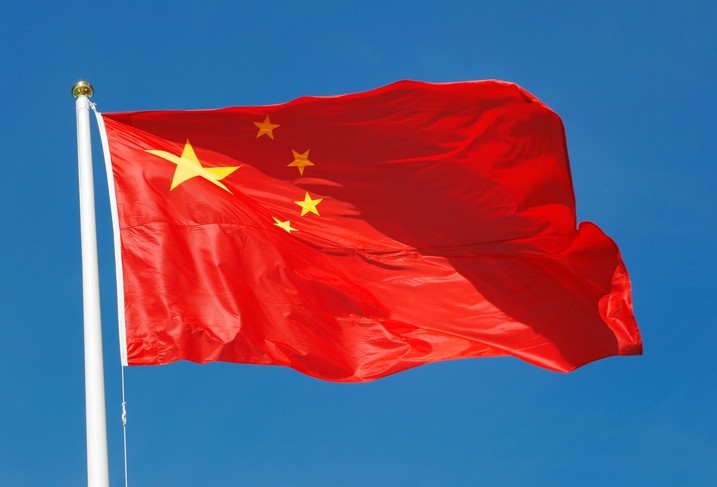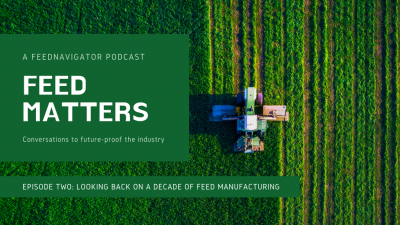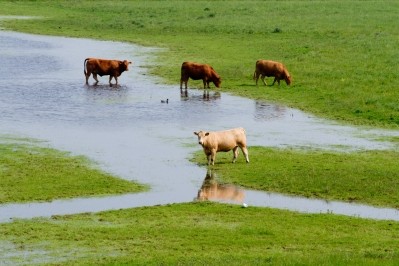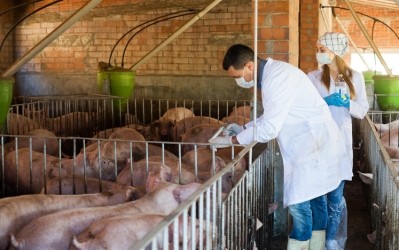Special Edition: Asian Pacific Feed Developments
Chinese feed industry getting 'more sophisticated'

We caught up with Mark Lyons, global vice president and China lead for Alltech, at IPPE in Atlanta to hear about his involvement with the feed sector in China, and the future role he sees for company development in that region.
He noted the increasing focus on factors such as feed safety, the environment and regulation. "It’s getting much more sophisticated," said Lyons.
Feed mill standards
With increasing standards, the number of feed mills in the Asian behemoth has dropped from a high of 20,000+ to less than 6,000 today, said Lyons. Additional consolidation is expected.
“A large part of that is driven by food safety and concerns over adulteration of feed materials,” he said. “Feed is often seen as the place where problems start.”
Aidan Connolly, who we also spoke to at IPPE, told us the Chinese government is pushing feed mill consolidation as a way to reduce food safety risks. “They’re very concerned that these smaller mills are the ones that have all these antibiotic issues – they’ve reduced the number of antibiotics that can be fed through feed to a list of 35.”
“The original idea was: ‘Let’s go to the feed level and let’s control this,’” added Lyons.
The regulations have been proving challenging for feed businesses there to comply with, he said. “A lot of feed mills in North America wouldn’t pass Chinese standards – some of them are probably too high,” he said.
“What they tend to do is they set the bar very high, because they know their ability to implement the law is quite low,” he said. “If you create a law that’s very strict and the penalties are very high, then you get a lot of people who say, ‘I need to abide by this.’”
However, the practice also means that smaller mills close as they cannot afford to make some changes or bring in new equipment, said Lyons.
As some smaller mills shut down operations, larger companies are starting to expand their production footprint by leasing facilities in other areas, he said.
Additionally, the larger mills or companies are also integrating their supply chains by investing in farms, as smaller farms start to close, he said.
However, the changes to the industry also are creating opportunities for medium-sized companies, said Lyons. “They’re more agile, more entrepreneurial; the large feed companies are getting extremely bureaucratic,” he said.
Environment and antibiotics
In addition to feed safety, other areas of concern include emissions and pollution reduction, Lyons said in a talk on China. Although new legislation is being drafted and changes are being made at the local level, full implications are not yet clear.
There is a drive underway also to reduce the amount of antibiotics being used, especially in sectors like poultry production, he told us.
Antibiotic use in livestock production there has been very high, he noted.
He said the thinking now is more like: “Let’s start to scale this down and think of other ways we can improve the immunity, or overall health of the animal.”
Innovation efforts
The Kentucky-based company is looking to play a role in the transformation of the Chinese feed industry.
Alltech has started a project called China Now that involves research alliances with universities and feed testing centers looking at issues like mycotoxins, heavy metals, deleterious materials in feed and meat quality, he said. “These are all areas where we can innovate and create something new,” he added.







